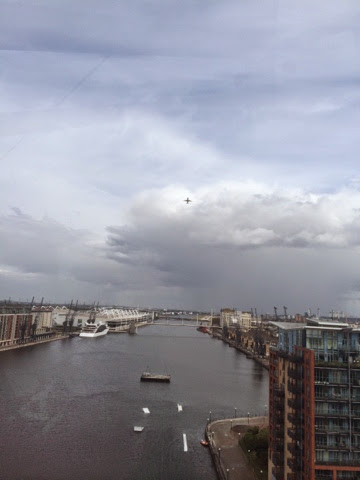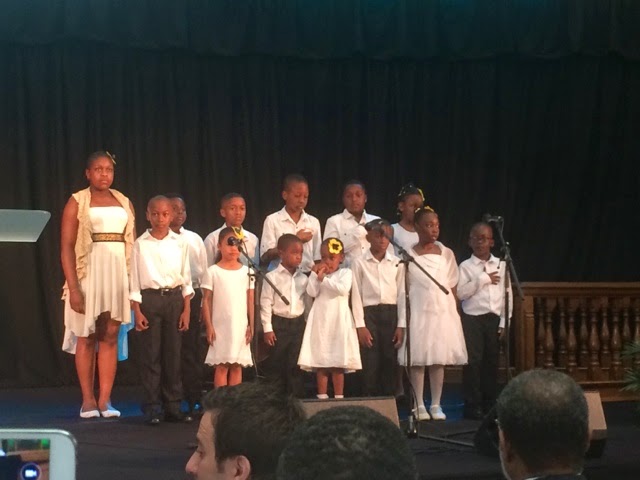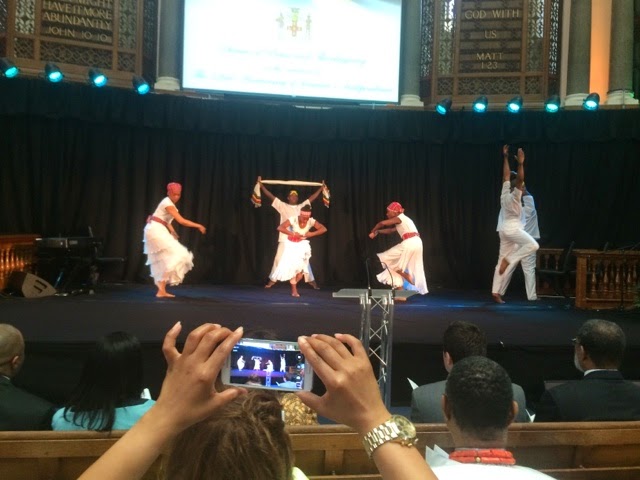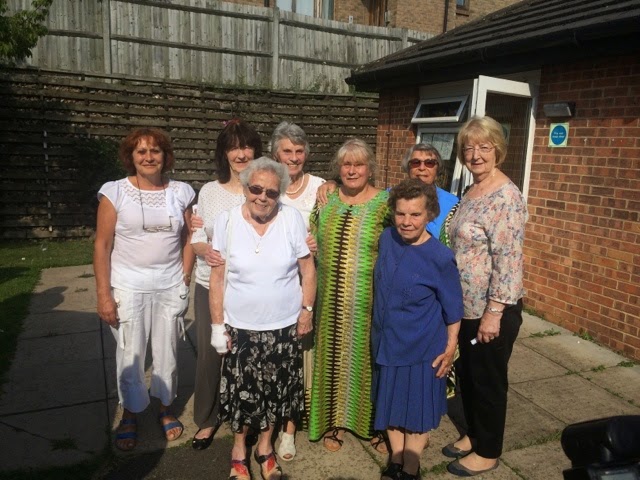 The Gospel
story of a conversation between a Gentile woman and Jesus for today is very
challenging. We see a very human side to Jesus. Scholars argue over Jesus’ intention in his words to the woman. Most of
us want to hold onto our image of Jesus, gentle, meek and mild. In a way, it
doesn’t matter if on the one hand Jesus was consciously testing the woman to
draw out faith from her desperation or whether he just as offensive and
prejudiced as those of his culture, faith and time.
The Gospel
story of a conversation between a Gentile woman and Jesus for today is very
challenging. We see a very human side to Jesus. Scholars argue over Jesus’ intention in his words to the woman. Most of
us want to hold onto our image of Jesus, gentle, meek and mild. In a way, it
doesn’t matter if on the one hand Jesus was consciously testing the woman to
draw out faith from her desperation or whether he just as offensive and
prejudiced as those of his culture, faith and time.
The woman’s desperation gave her
both courage and wit. ‘Yes, Lord, yet even the dogs eat the crumbs that fall from their
masters’ table.’ Matthew 15.27
What is
perhaps significant is the ability of the woman to take the metaphors that
Jesus uses and turn them around, metaphors that could be seen as diminutive,
dismissive and offensive.
Crumbs no
longer speak of what is lacking in life, what is mean in our human heart what
is lacking in the decisions we take to show compassion and care. These crumbs
are now a sign of great blessings, abundance and generosity as we see plainly
in the feeding of the 5000 where the disciples are left with crumbs, 12 baskets
full to be precise!
And dogs, among
the unclean animals in the Jewish world of Jesus’ time become the metaphor for
a small child who is made well, who is blessed by Jesus with health and
wholeness where before there was only despair and impending death.
It is in
the recording of this event that Matthew allows the woman of no importance to
make the connections rather than Jesus himself, to shape and formulate an
articulate word in the presence of the God’s eternal Word – Jesus Christ.
Indeed the
whole passage is a juxtaposition of opposites . Jesus the hero is cast as the
villain, his words were offensive albeit accepted then as they are today by so
many when it come to identifying the other and the one who should be the
villain of the piece, this troublesome woman who should have known better that
trouble the great master, is praised for her faith.
All is not
as it should be and in this we are reminded of that all important lesson in
faith that all is not as it seems when we look with the eyes of faith at this
world of disorder and death.
This woman’s great
faith broke through the human-made barriers of discrimination. She knew that in
the eyes of those present, she was seen as no better than a ‘dog, but she does
not let this their view of her, their judgment, rob her of her humanity.
As we see in so many
encounters between Jesus and those around him it is those who the world judge as
of little importance or worse that become the center of attention, the
attention of God through his son Jesus Christ.
In this one act Jesus
revealed the truth of the kingdom that was to come. A kingdom open to all, we
can come as we are and be welcomed and loved as we are and in that welcome and
love be transformed in to all that God wants us to be!
This kind of realization
did no just challenge the disciples who surround, protect and even attempt to
control the outpouring of Gods love that is this Jesus of Nazareth: it should
be a challenge to us also.
What
do we see?
How do we judge
others? How are we judged by others? Do we judge purely on appearance or do we
try to see beyond and reach out to the ‘real’ person? Of course Jesus told us
‘not to judge’ but how easy is that?
There is
more though, this encounter is so dense, so filled with the wonderful
possibilities that are open to us if we are prepared to approach him and demand
– yes demand his blessings, his attention. For this is what the woman does in
recognizing the potency and potential for life that Jesus holds out to the
world.
This woman
is clear minded and direct, she is single minded as is anyone struggling with
matters of life and death. She is a
mother whose child is terribly and possibly eternally damaged, hurt and lost.
This
mother is not interested in having a place at the table, she is not seeking to
challenge the injustice of her world, she only wants a crumb for she knows, she
perceives that this is enough! “Please Mister” she cries out “just give me what
I need for my daughter”. Desperation not
despair drive her and propels her through the crowd, through the closed ranks
of the chosen disciples and into the direct gaze of Jesus.
But
nothing is as it seems in this encounter for in demanding the crumbs of course
she does challenge the injustice of her world and ours too. It comes from her understanding
of what Jesus holds before her and what he offers us this morning in this
Eucharist and what Jesus offers us is
crumbs, a small piece of bread, his very body, for the life of the
world, for the healing of the nations, yes for the life of a small child and
for yours and my life.
In this
encounter something is changed for ever, and it is of course St Paul who
understands this long before St Peter and the other disciples that in Christ we
are made new, the old distinctions of the world no longer apply.
As re
reflect on this encounter between a nameless woman and Jesus the Christ the question remains, Are there
changes in us that need to happen so that the Kingdom of God is not limited by
our narrow minded prejudices?

























